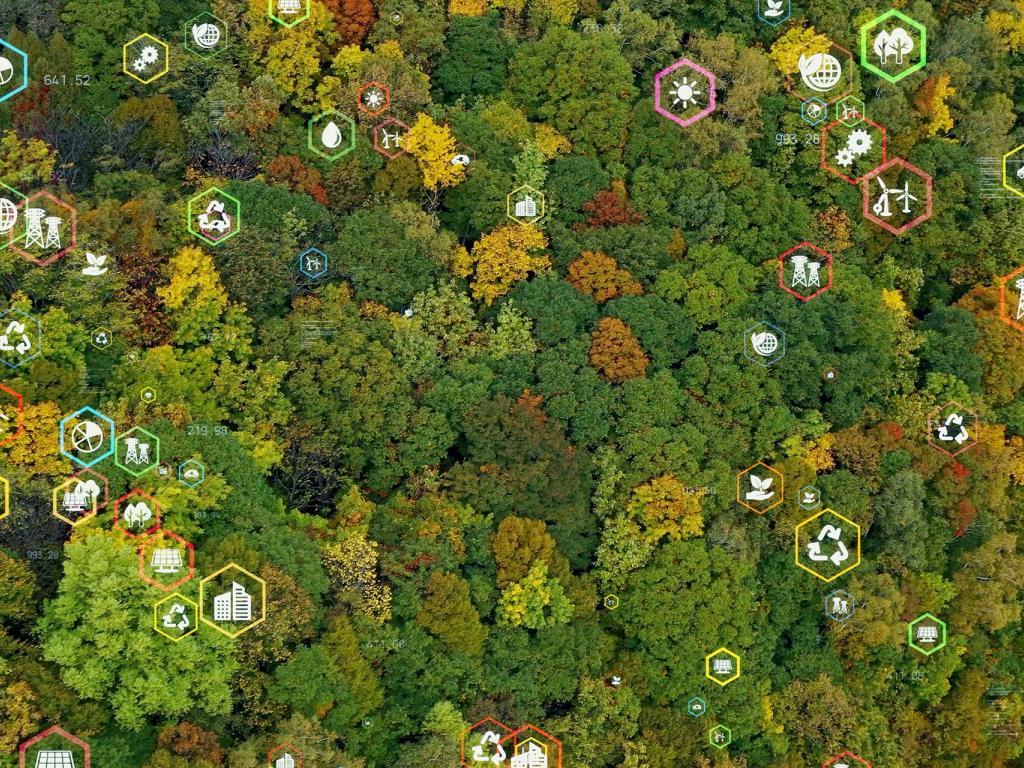

Report on SDG 12
What is SDG 12 reporting
Governments of UN Member States are invited to report on the national progress made on SDG 12. Below, government officials can find the details for reporting against each SDG 12 target and indicator, including the relevant UN Custodian Agency and the reporting process and methodologies.
SCP Policies
Implement the 10-year framework of programmes on sustainable consumption and production, all countries taking action, with developed countries taking the lead, taking into account the development and capabilities of developing countries.
Resource use
By 2030, achieve the sustainable management and efficient use of natural resources.
Food Loss & Waste
By 2030, halve per capita global food waste at the retail and consumer levels and reduce food losses along production and supply chains, including post-harvest losses.
Chemicals & Waste Management
By 2020, achieve the environmentally sound management of chemicals and all wastes throughout their life cycle, in accordance with agreed international frameworks, and significantly reduce their release to air, water and soil in order to minimize their adverse impacts on human health and the environment.
Waste Reduction
By 2030, substantially reduce waste generation through prevention, reduction, recycling and reuse.
Sustainable Business
Encourage companies, especially large and transnational companies, to adopt sustainable practices and to integrate sustainability information into their reporting cycle.
Sustainable Public Procurement
Promote public procurement practices that are sustainable, in accordance with national policies and priorities.
Education & Awareness
By 2030, ensure that people everywhere have the relevant information and awareness for sustainable development and lifestyles in harmony with nature.
Environmentally sound technologies
Support developing countries to strengthen their scientific and technological capacity to move towards more sustainable patterns of consumption and production.
Sustainable Tourism
Develop and implement tools to monitor sustainable development impacts for sustainable tourism that creates jobs and promotes local culture and products.
Fossil Fuel Subsidies
Rationalize inefficient fossil-fuel subsidies that encourage wasteful consumption by removing market distortions, in accordance with national circumstances, including by restructuring taxation and phasing out those harmful subsidies, where they exist, to reflect their environmental impacts, taking fully into account the specific needs and conditions of developing countries and minimizing the possible adverse impacts on their development in a manner that protects the poor and the affected communities.
Share your contribution now
All non member state actors such as civil society, business, international organisations or sub-national governments can report their contribution to SDG12 via the One Planet network.